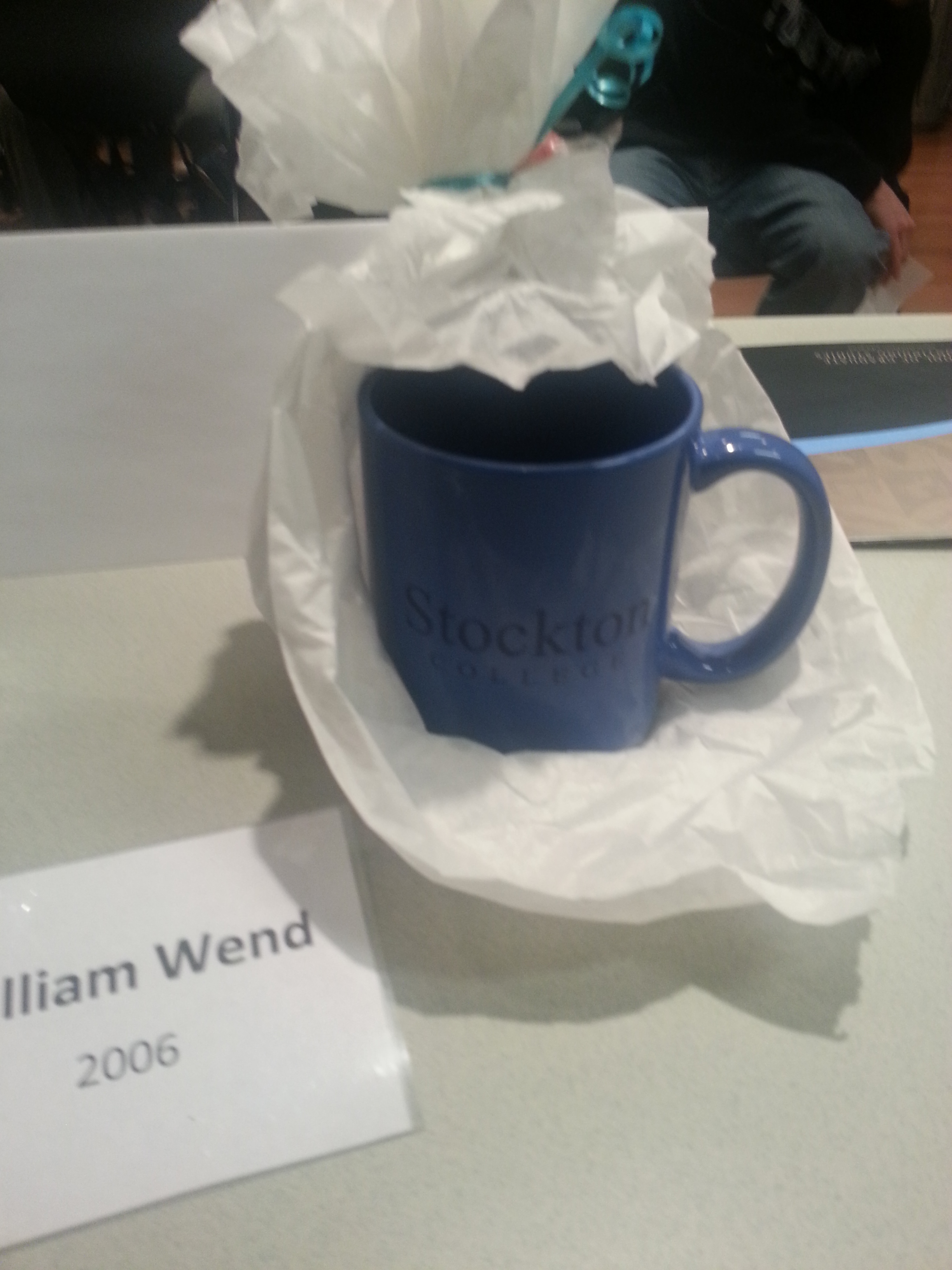The task of art is to transform what is continuously happening to us, to transform all these things into symbols, into music, into something which can last in man’s memory. That is our duty. If we don’t fulfill it, we feel unhappy. A writer or any artist has the sometimes joyful duty to transform all that into symbols. These symbols could be colors, forms or sounds. For a poet, the symbols are sounds and also words, fables, stories, poetry. The work of a poet never ends. It has nothing to do with working hours. Your are continuously receiving things from the external world. These must be transformed, and eventually will be transformed. This revelation can appear anytime. A poet never rests. He’s always working, even when he dreams. Besides, the life of a writer, is a lonely one. You think you are alone, and as the years go by, if the stars are on your side, you may discover that you are at the center of a vast circle of invisible friends whom you will never get to know but who love you. And that is an immense reward.
-Jorge Luis Borges














